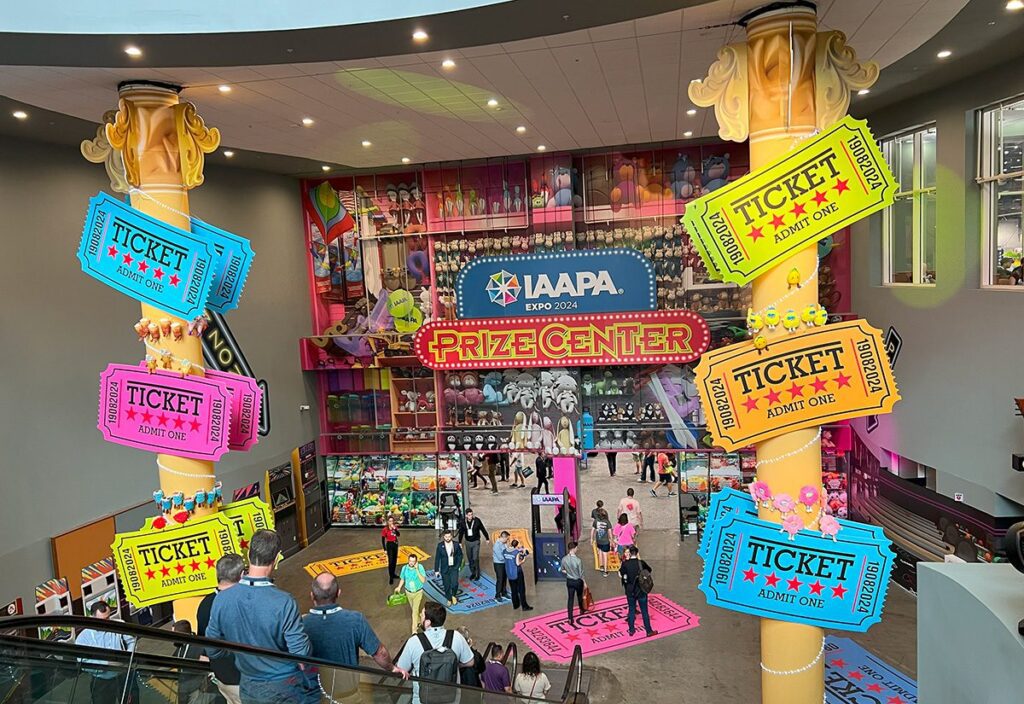Granted, young adults are too old for the Happy Meal. But they’re just the right age for McDonald’s other products, and the brand has turned to music to remind them of that.
That is, it has started producing concerts. Last summer it did 10 — in its own parking lots. And before that, it partnered with the House of Blues to do an on-pack promo and has sponsored a Destiny’s Child tour.
Douglas Freeland, director of U.S. marketing for McDonald’s, is credited with creating the McDonald’s Live series. He’s also the project leader for the company’s largest U.S. promotion: Monopoly. Freeland shares his thoughts.
PROMO: Why is McDonald’s targeting young adults?
Freeland: There has always been this underlying thing. We want them to know that the brand is every bit as relevant to them as it was when they were the Happy Meal age.
P: Why did you stage concerts?
F: In the past, we were more focused on borrowed equities — say, aligning with a movie or sponsoring a tour. We’re trying to move beyond that to build our own brand equity.
P: And how will you do that?
F: We want to connect with young adults, provide a fun experience for them and change their perception of McDonald’s. They have access to this music free and online, and we are giving the musicians a chance to reach a wider audience.
P: Why restaurant parking lots?
F: We wanted to do something different and bring these events to the physical McDonald’s location. This has created an underground, word-of-mouth buzz. And I expect we will host all of the events at McDonald’s restaurants. This is our first year out of the gate, and we plan to build on that success.
P: How did you choose the restaurants?
F: We went to large cities, small-to-mid-sized cities and to a couple of college campuses. We opened in Los Angeles and ended in Spring Valley, NY.
P: How was attendance?
F: The goal was to get a minimum of 500 people at each event. Some of that depended on the artists and how much promotion went on in that market. We’ve gone way beyond that number in some locales. For example, we had 4,000 to 5,000 people in Los Angeles. But we fell short of the goal in a few places.
P: Did you run any promotions during the events?
F: At some, we handed out coupons for a free medium fries. We also promoted McDonald’s Live on fries packaging in all our restaurants. And people who were not located in cities where the concerts were held could go to McDonaldsLive.com to see them.
P: How did you determine the return on investment?
F: We had a positive impact on sales in the restaurants where we held events. But the goal is not sales from a system-wide standpoint — it’s to create that deeper connection with young adult customers. We also measure brand perception and brand affinity through on-site surveys.
P: How did the concerts fit into your overall marketing strategy?
F: McDonald’s has supported music for five or six years, and this is an extension of that support.
P: You included a texting component in the latest version of your popular Monopoly game. How is that going?
F: We try to bring innovation to the promotion every year to keep it fresh and interesting. Young adults live a digital lifestyle and here’s an opportunity for them to participate with Monopoly online. People can use their mobile phones to text in an on-pack code to find out whether they have instantly won. We’ve quadrupled the participation through the first couple of days versus what we saw last year. That’s an indication that we’ve connected with their lifestyle.
For more on consumer promotions, go to www.promomagazine.com
 Network
Network

